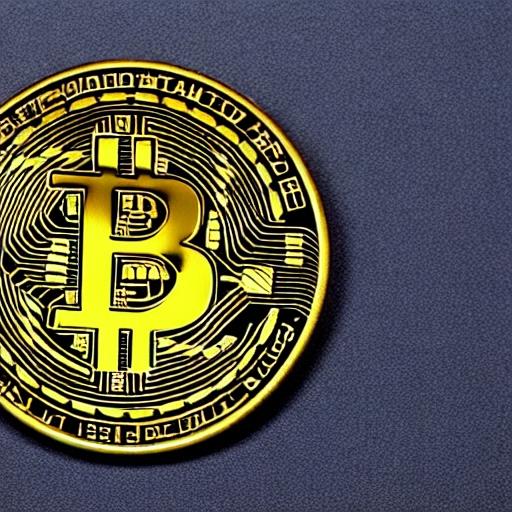Bitcoin is a digital currency that has taken the world by storm. It was created in 2009 by an anonymous person or group of people known as Satoshi Nakamoto. Unlike traditional currencies such as dollars or euros, Bitcoin is decentralized and operates on a technology called blockchain.
In simple terms, Bitcoin is like digital money that you can use to buy things or exchange for other currencies. However, what makes it unique is that there is no central authority, like a bank or government, controlling it. Instead, Bitcoin relies on a peer-to-peer network of computers that collectively manage and verify the transactions.
The blockchain technology behind Bitcoin is a public ledger that records every transaction ever made with the currency. It ensures transparency and security by using cryptographic techniques to secure the network.
To understand how Bitcoin works, imagine you want to send money to a friend. Instead of going through a bank, you can directly send Bitcoin to your friend’s digital wallet using the Bitcoin network. This transaction is verified and added to a block with other transactions. Miners, who are participants in the Bitcoin network, compete to solve complex mathematical problems to validate these blocks. Once a block is validated, it is added to the blockchain, and the transaction becomes permanent.
Bitcoin also has a limited supply. There will only ever be 21 million Bitcoins in existence. This scarcity, combined with the increasing demand for Bitcoin, has led to its value skyrocketing over the years. Some people even see Bitcoin as a potential store of value, similar to gold.

Bitcoin has the potential to revolutionize the financial system as we know it. It allows for borderless transactions, lower fees compared to traditional banking systems, and financial inclusion for the unbanked population. With Bitcoin, you can send money to anyone, anywhere in the world, without the need for intermediaries.
However, it is important to note that Bitcoin is also highly volatile. Its value can fluctuate wildly, making it a risky investment. Additionally, the decentralized nature of Bitcoin has raised concerns regarding its use in illicit activities such as money laundering and illegal trades. As a result, governments and regulatory bodies are still figuring out how to best regulate cryptocurrencies like Bitcoin.
In conclusion, Bitcoin is a digital currency that operates on blockchain technology without the need for a central authority. It allows for direct peer-to-peer transactions and has the potential to revolutionize the financial system. While it presents exciting opportunities, it also comes with risks and regulatory challenges.
